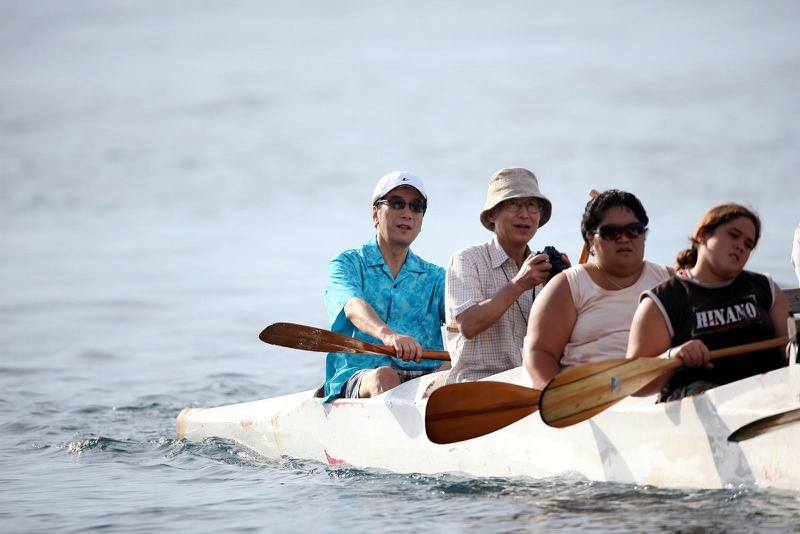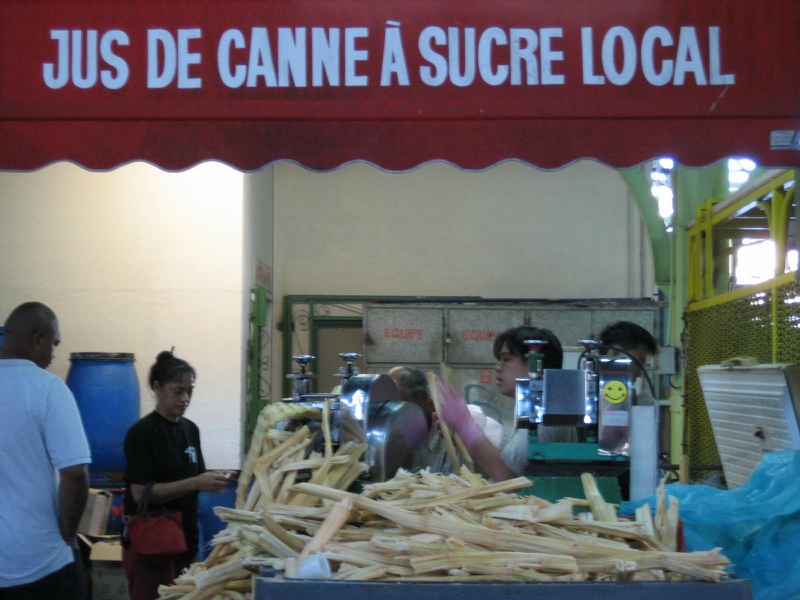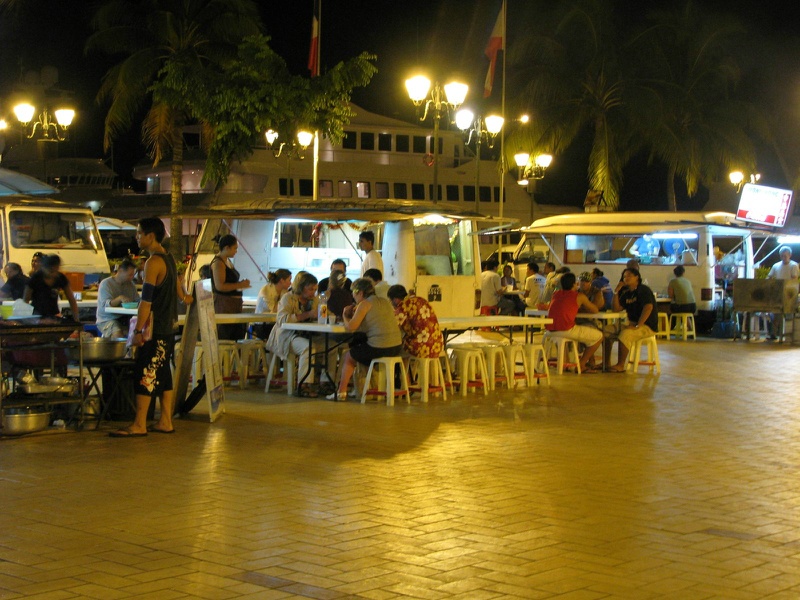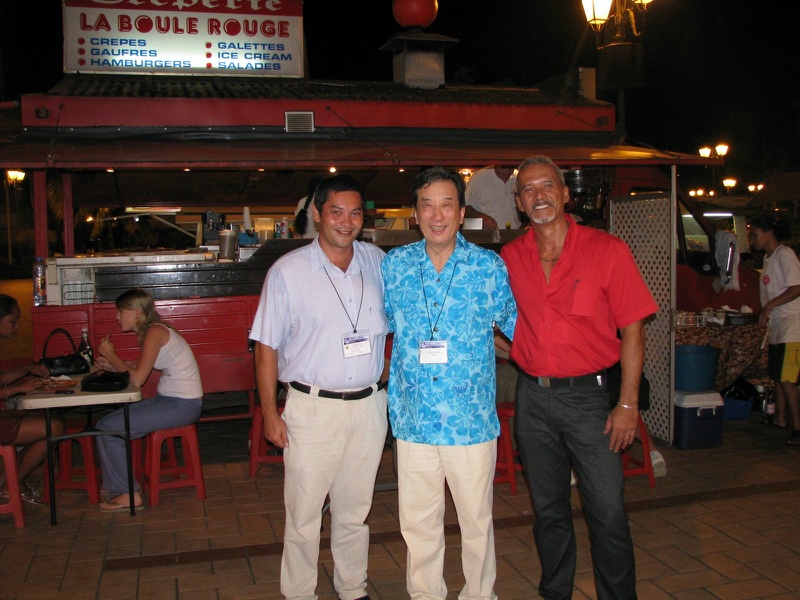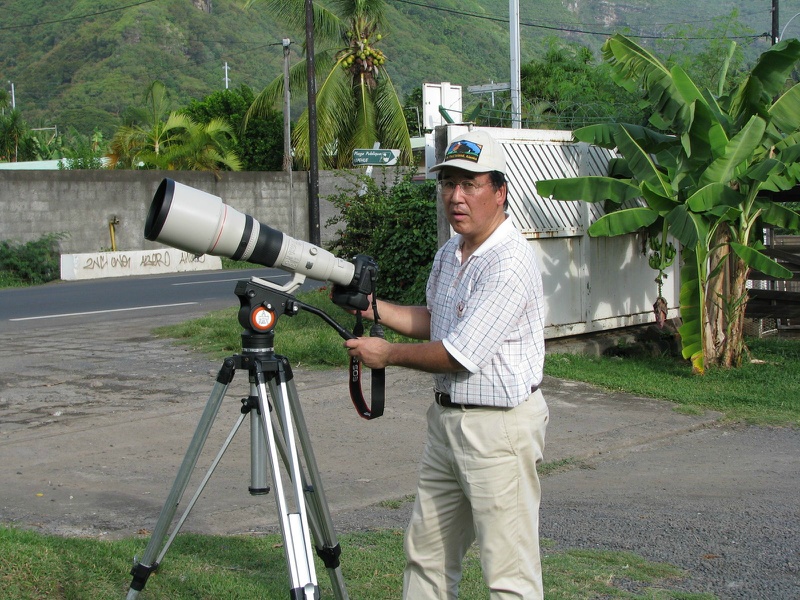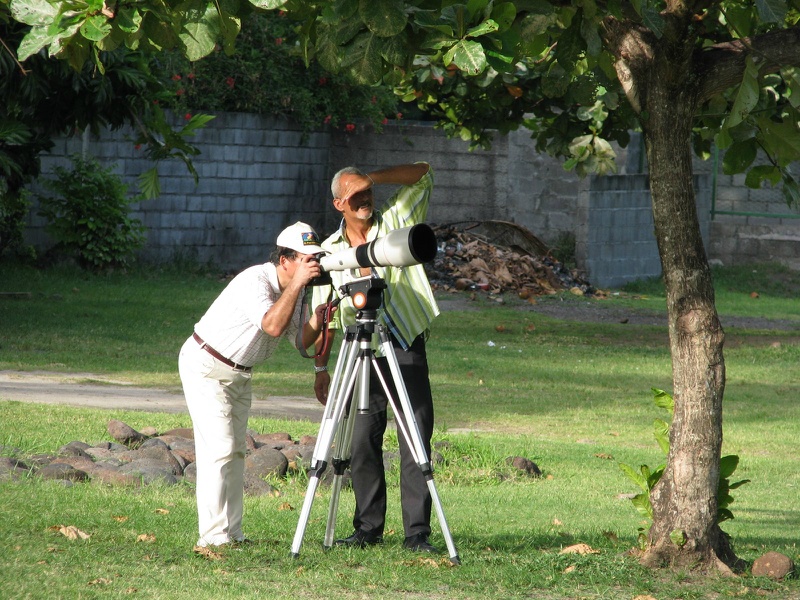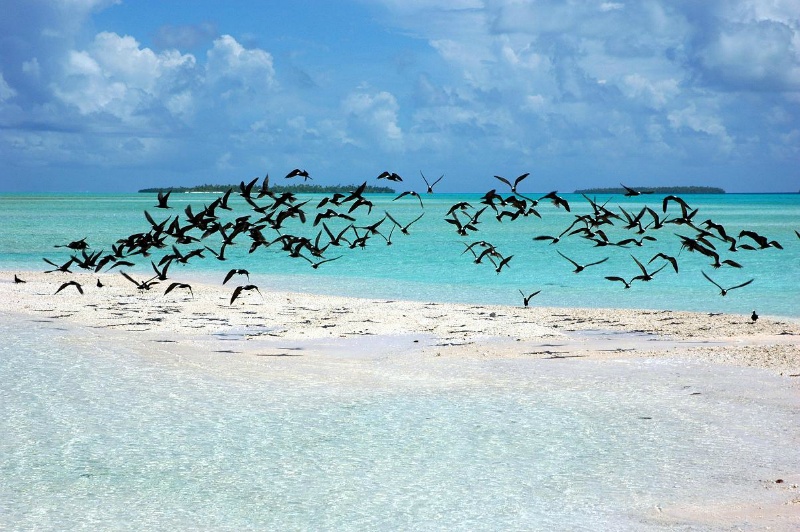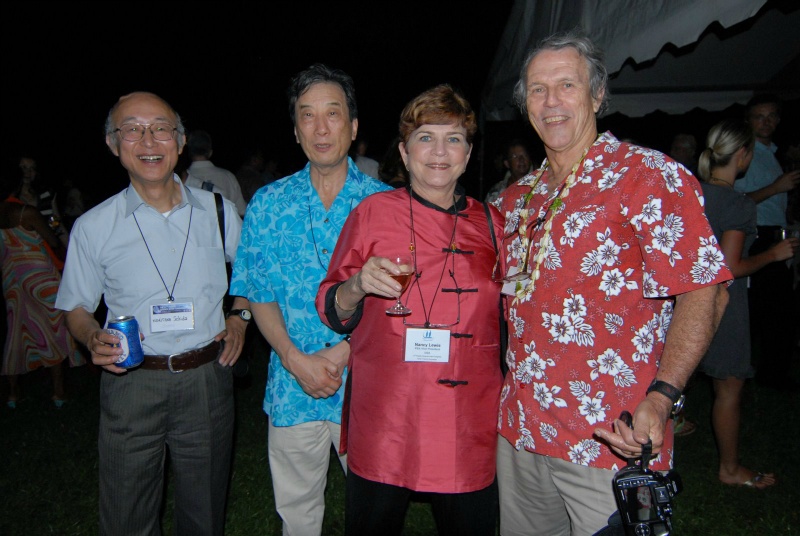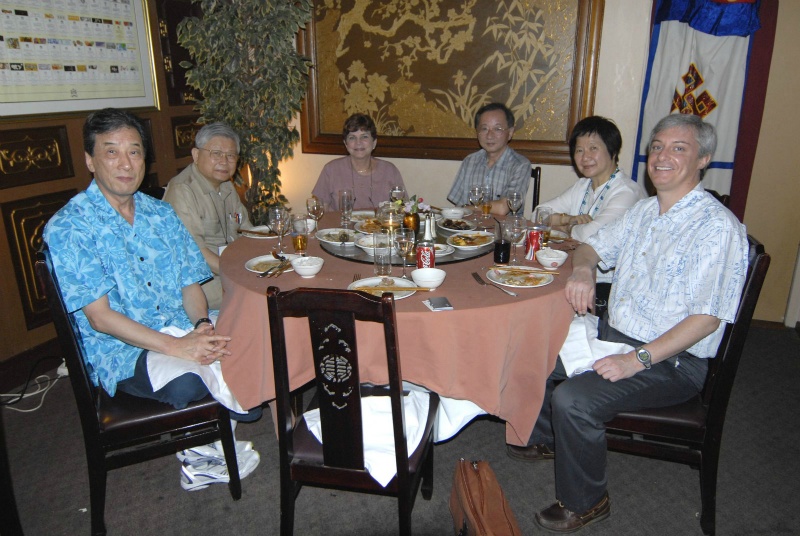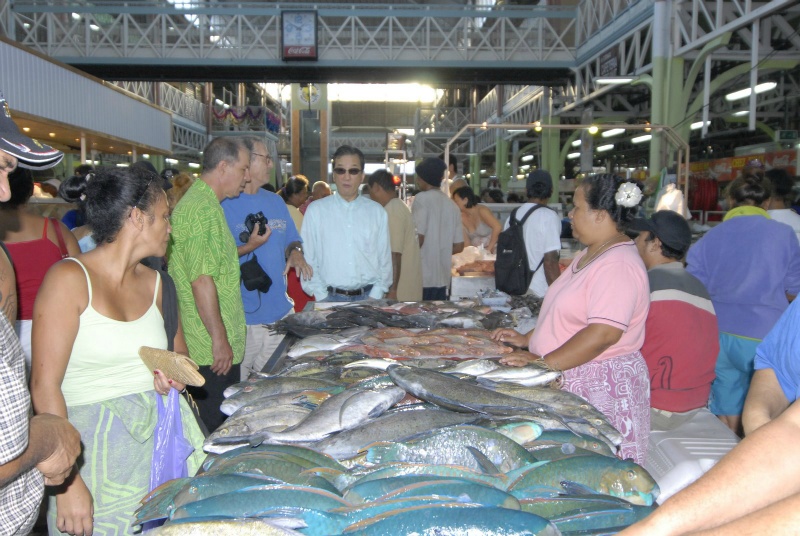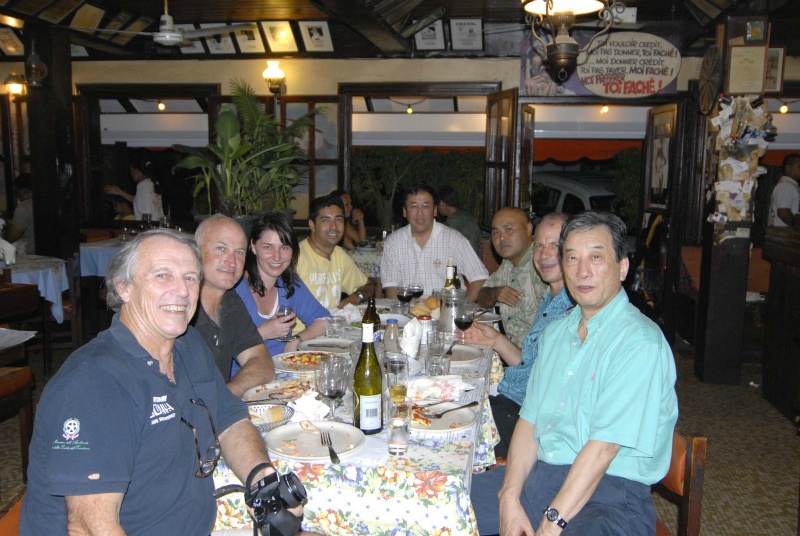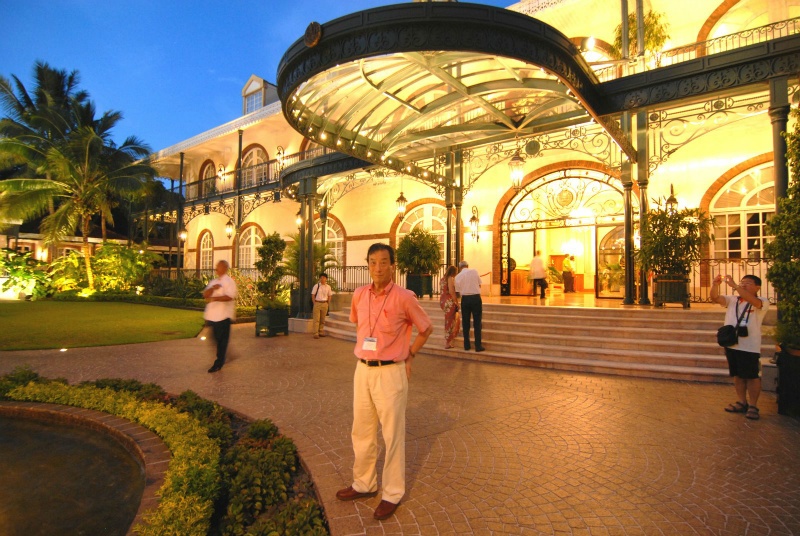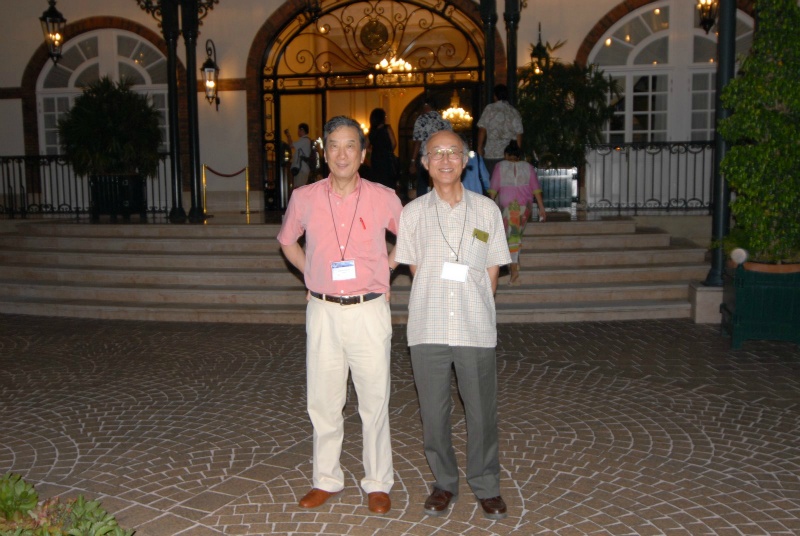There are many think-tanks in Washington. Among them CSIS, Brookings are well known in Japan also. Some Japanese go to these think-tanks to study, but I think their number is too small for a nation of the 2nd largest economy in the world. It is important to be in those think-tanks not only to gain knowledge but also to make connections in Washington, to understand how the politic works and how policies are made. We should be more seriously involved in this.
Atlantic Council is another example of those think-tanks. Its works are very closely related to politics. Mr. Kempe, after a long and prominent career at Wall Street Journal, has become President and Chief Executive Officer of the Atlantic Council and its activities are expanding ever since.
National Security Advisor is known to be the most important post in the White House and General James Jones, the former Chairman of Atlantic Council, was appointed to take this position.
As you may see from the website of Atlantic Council, the organization was established in recognition of the importance of relations of Atlantic community of both sides. To meet the challenges of this global age, the Council is actively working and reporting on U.S.-China relations, new energy, etc. as well as on Asia. Here again, I must say that Japan’s presence is extremely weak.
I attended 2009 Leadership Award Dinner by invitation from Mr. Kempe. About 900 people were there. Please visit the website by all means. Since this year was the 20th anniversary of the fall of the Berlin wall, awards were given to the top of the United States and West Germany of the time; former President Bush (the father) and Prime Minister Kohl as well as IBM Chairman of the Board Mr. Palmisano, General Petraeus, and Thomas Hampson (a singer).
Former Secretary of State Mr. Colin Powell, Secretary of Defence Robert Gates and many government high officials, legislators, Ambassadors from 46 countries, etc. were there at the party. It was truly a fantastic gathering. My seat was next to Ambassador Fujisaki.
Speeches by the recipients were nice too – they all looked very comfortable in giving speeches. General Petraeus’ "joke" was fun. I invite you to listen to them on the web.
I also saw several friends from China. They were all at one table inviting Chinese connections.
